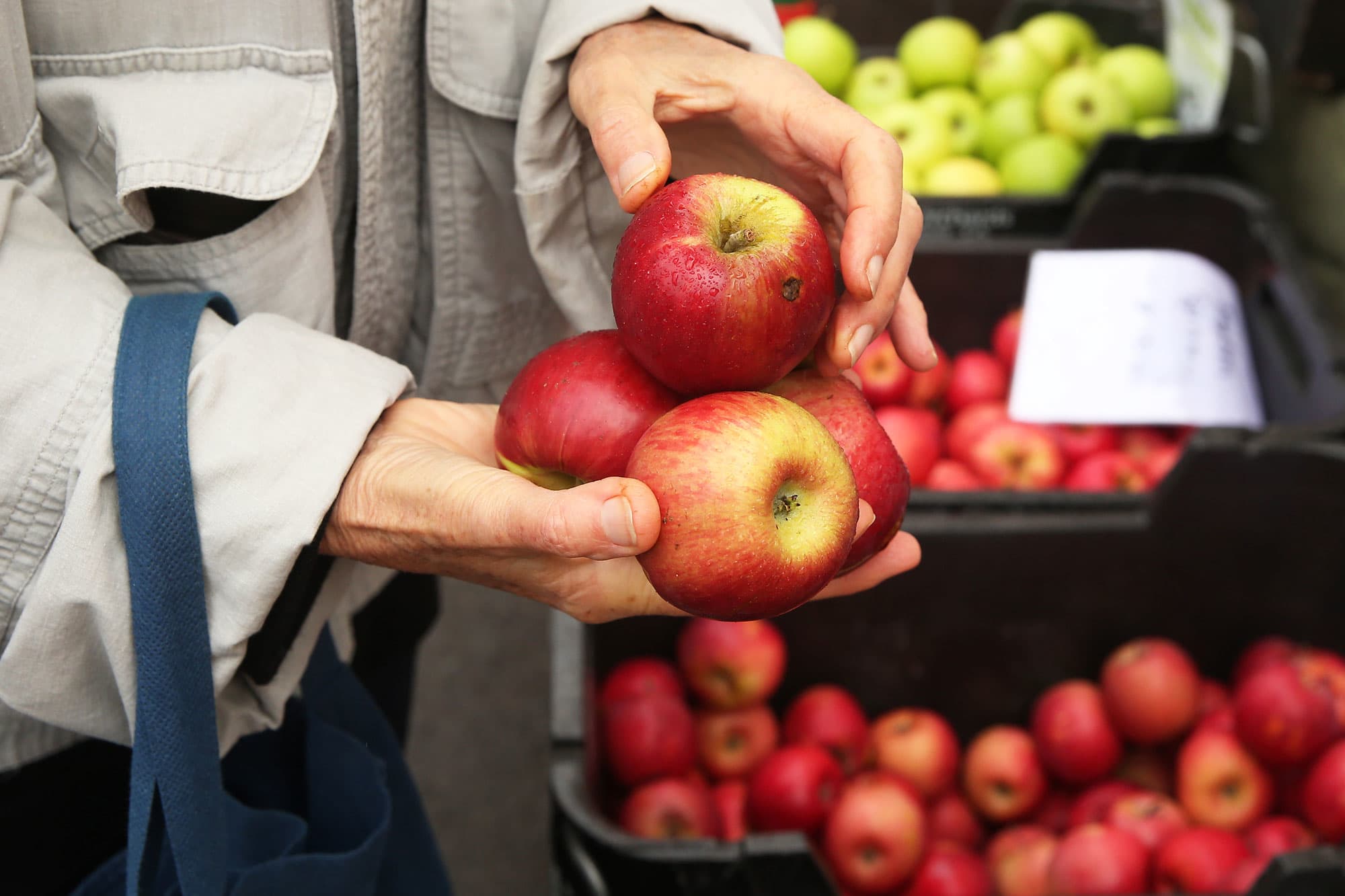
Organic food is a booming industry with sales increasing by 12.4% to $61.9 million last year. Most people don't understand what "organic" actually means.
Brand consultancy BFG conducted a survey of 300 shoppers in 2014. 70% of those respondents purchased organic food. However, only 20% could define organic.
The USDA defines organic as a labeling term that indicates the food or agricultural product was produced using approved methods. The USDA doesn't consider "organic" a health claim. Organic simply means that the food was grown using organic methods. These standards include a list that addresses soil fertility, pest and herb control, and animal raising practices.
Because of concerns about high-processed foods and artificial ingredients as well as the harmful effects of hormones and antibiotics, some health-conscious consumers prefer organic products to conventional. Pew Research found that 76% of adult respondents purchased organic food for their health benefits. Environmental concerns accounted for 33%, and convenience accounted for 22%.
However, there are conflicting evidences as to whether organic foods are healthier or safer. According to a University of California Riverside report, pesticide residues in organic and conventional crops are too low to cause any health problems. Experts also believe there is no nutritional difference between conventional and organic crops.
Experts agree that the organic food industry will continue to thrive.
